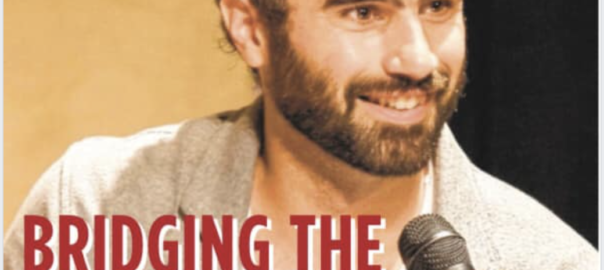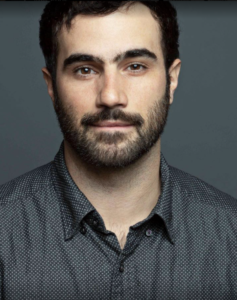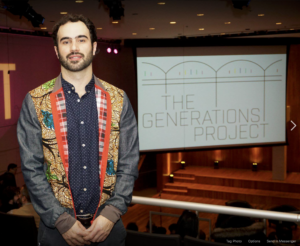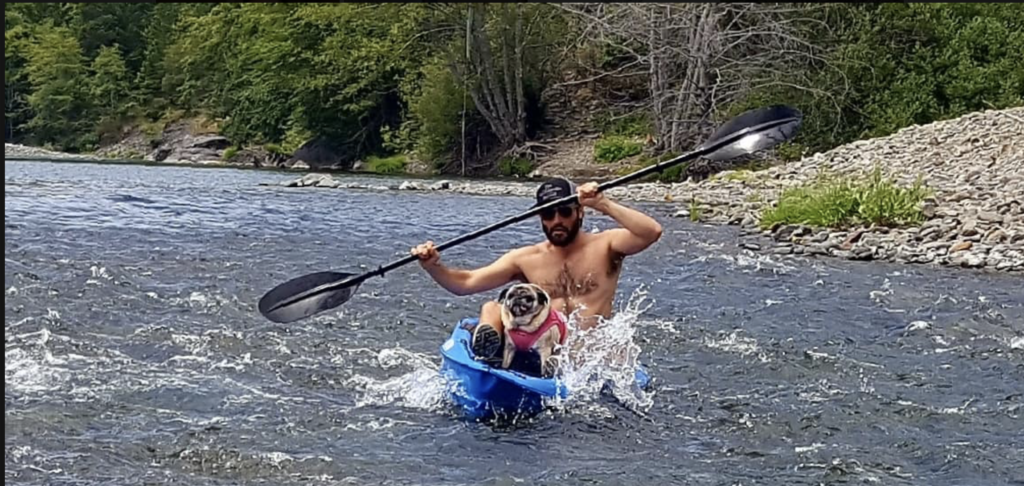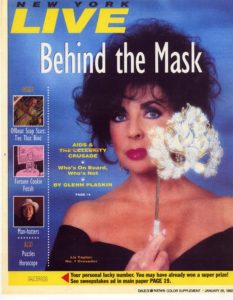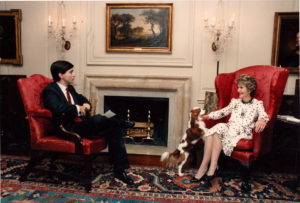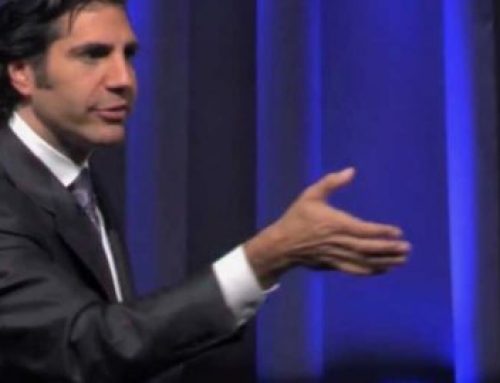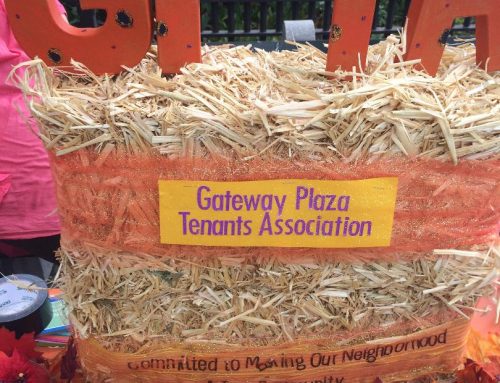I recently met the charismatic Wes Enos, executive director of The Generations Project, who is preserving precious memories of LGBTQ history by producing story-telling events, filmed in front of live audiences, featuring a fascinating panel of people with unique life experiences.
It’s all to mark the 50th Anniversary of the Stonewall Uprising and a half-century of LGBTQ+ liberation.
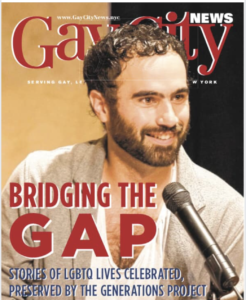
As the article states: The enterprising young activist founded the history-minded group in 2015 with the aim of bridging what he saw as the widening chasm between young and old queer generations.
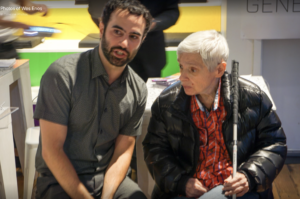
“History has a history of being forgotten,” the 32-year old Enos said. “When history is not shared, it is lost. Our community has not had the resources or social acceptance to have our heritage recorded properly. Now we have all the resources available.”
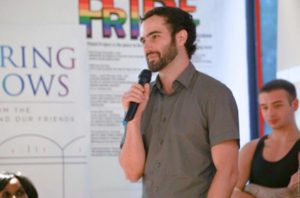
By creating an inclusive, safe space for dialogue, vital queer history is passed down to younger generations and the LGBTQ community is fortified.
“Our community has been missing a platform where older adults are valued and their stories acknowledged,” said Enos. “The best way to build our community is to share our history and make sure our stories are passed to the next generation.”
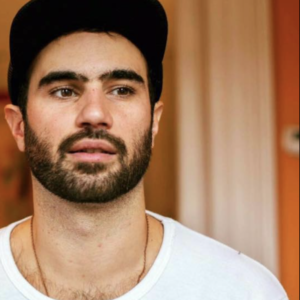
Past shows have centered on themes such as HIV stigma, the history of Gay Pride, personal and historical “first times,” and how fashion has contributed to LGBTQ visibility.
One of the most memorable for Enos was Melissa Sklarz, an out transgender woman long active in progressive politics who failed to win her election bid last year for a New York State Assembly seat in Queens. She was hoping to be the first ever transgender member of the State Legislature.
“Regardless of our age, we all have a desire to learn from someone younger or older than ourselves,” Enos said. “The best way to learn is to connect with people of different ages.”
As part of the mammoth Stonewall 50 celebration this June, The Generations 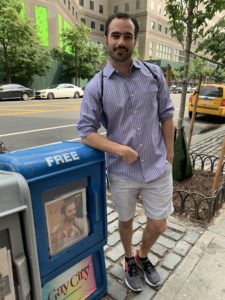
“I like 50 years because I’m an environmentalist and am concerned about the future,” Enos said. “Some people say they might not be around in 20 or 30 years. Well, let’s write about that in the time capsule. Let’s record our positive intentions for a world we want in 50 years. What do we need to do now to make that happen?”
Maybe one day I’ll share my story of coming to New York in the 80’s to create a journalism career, being fortunate to interview everyone from Jacqueline Onassis and Nancy Reagan to Meryl Streep and Elizabeth Taylor. That was when the AIDS crisis was at its height, and millions were threatened with no treatments. Stay tuned.
For more information, check out the group’s website at thegenerat
